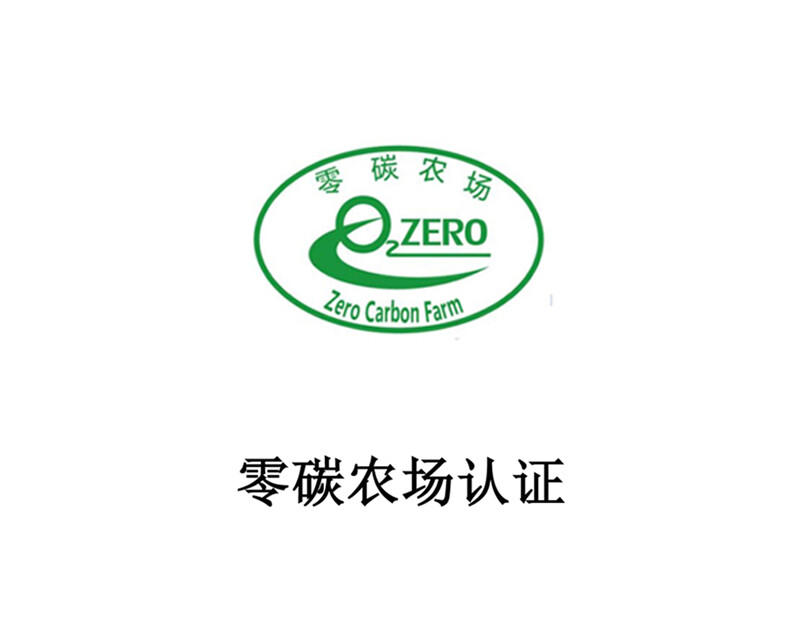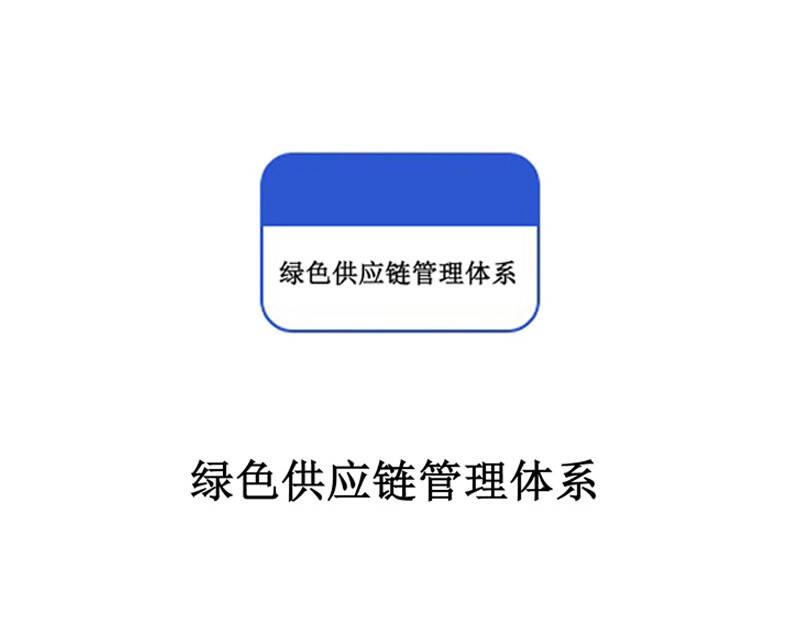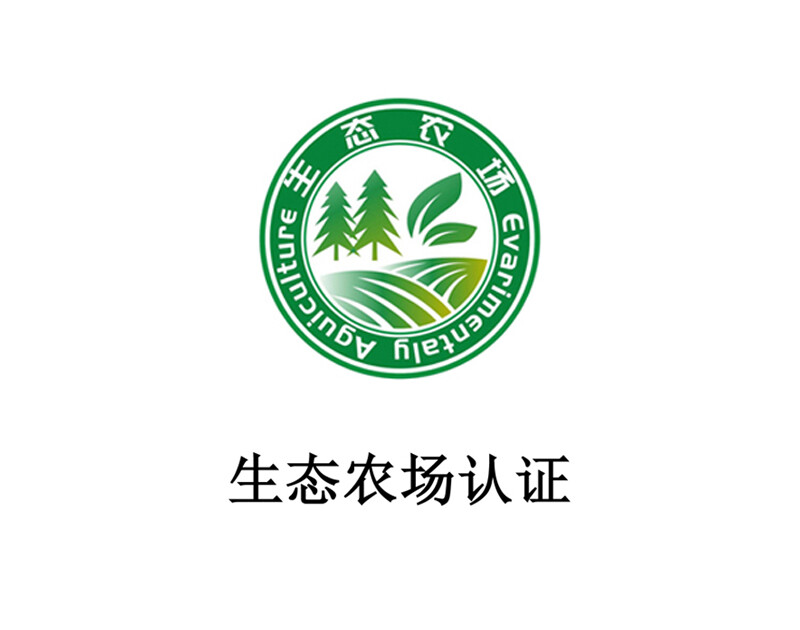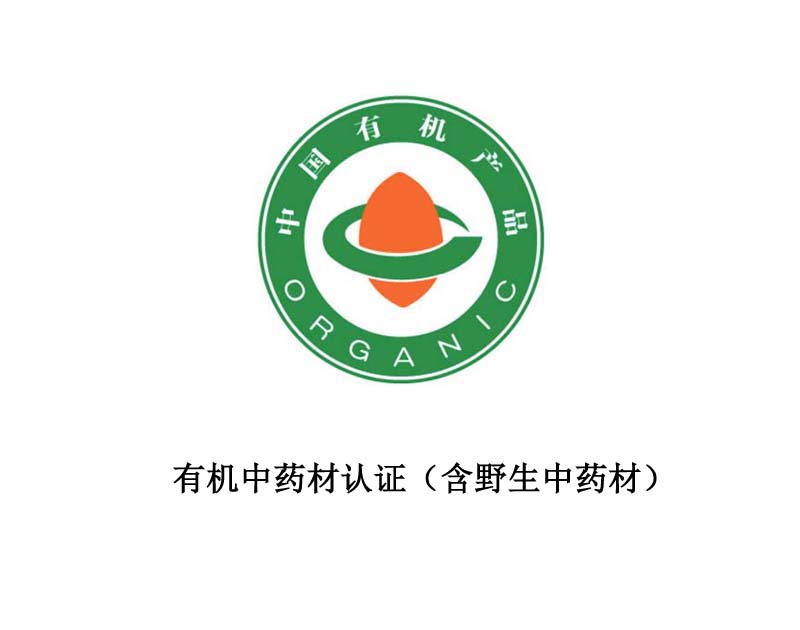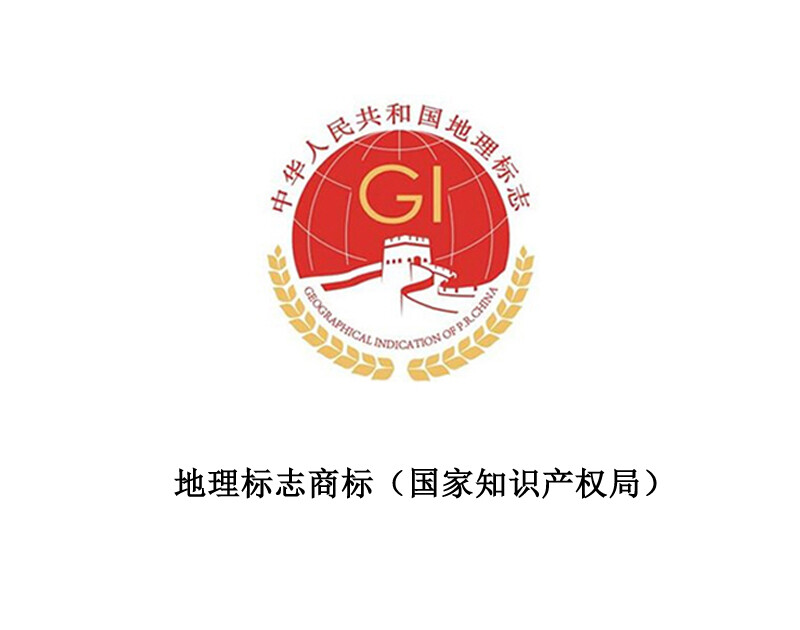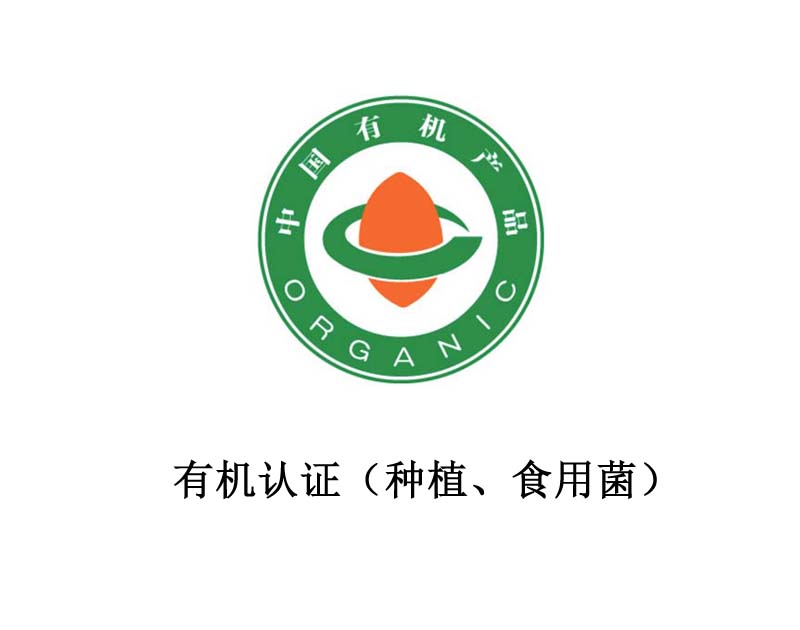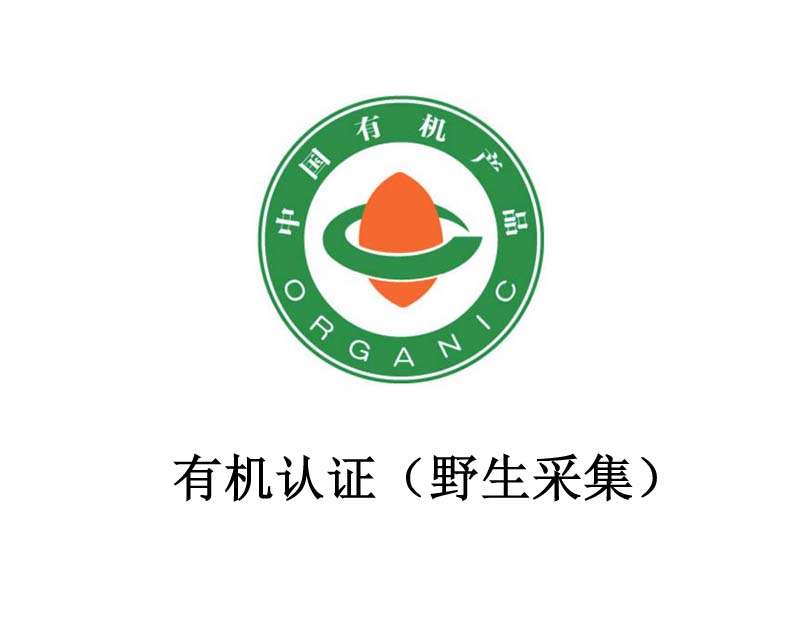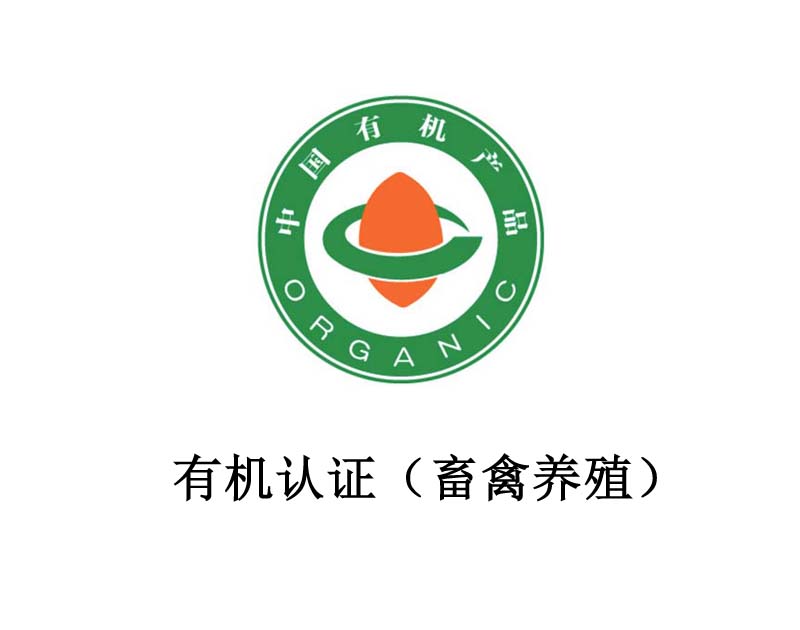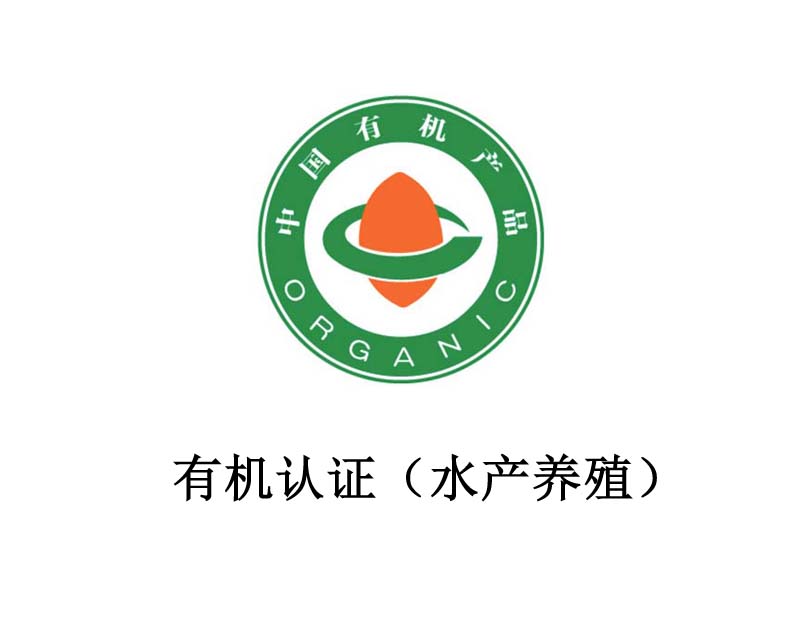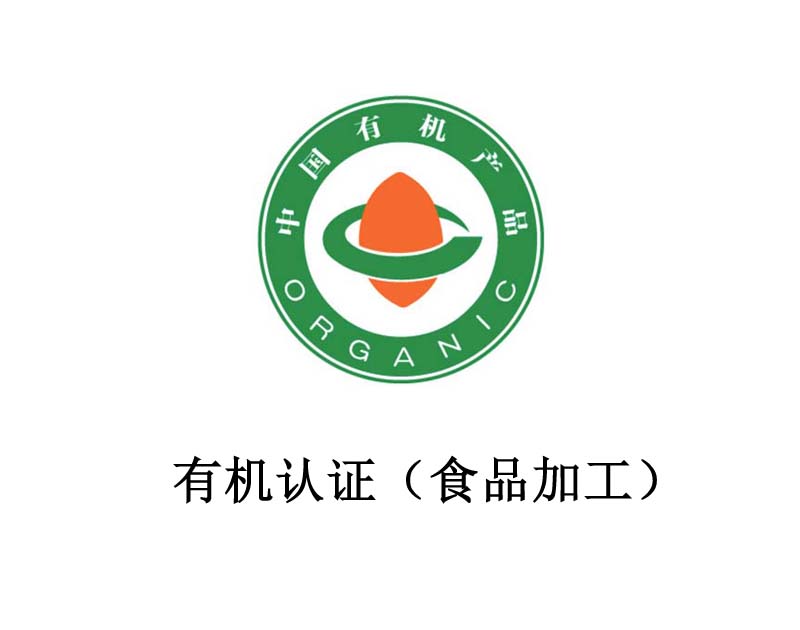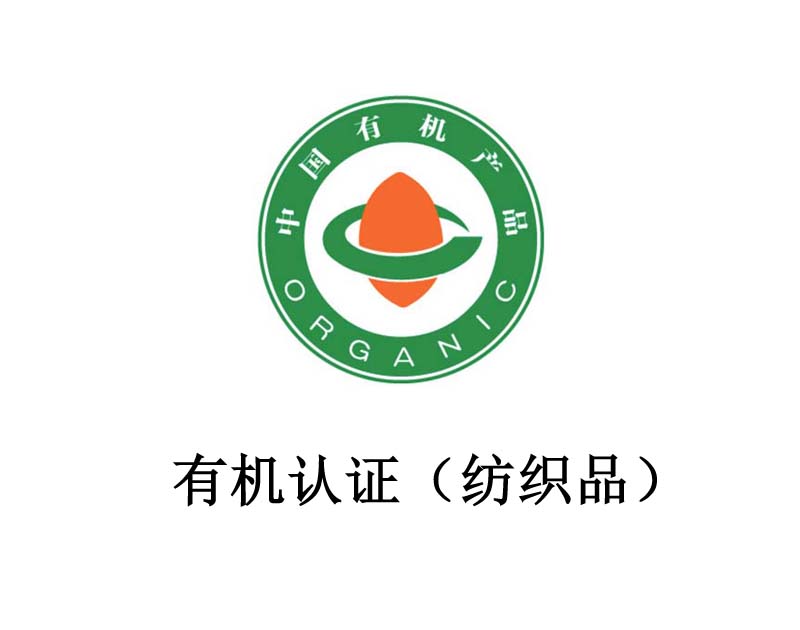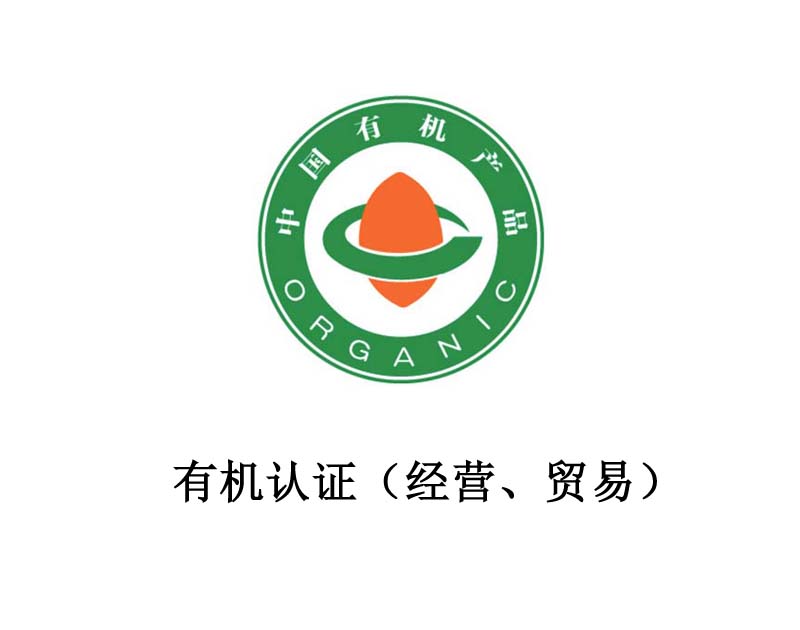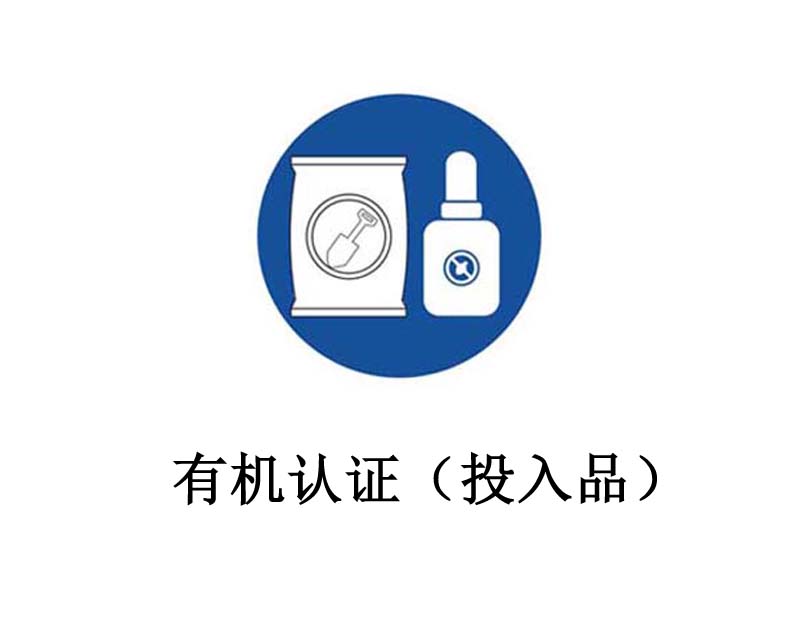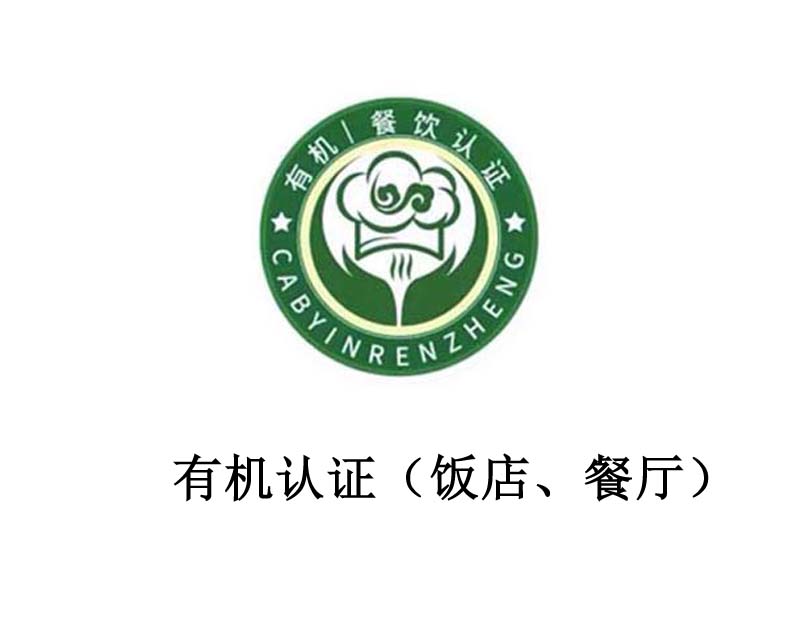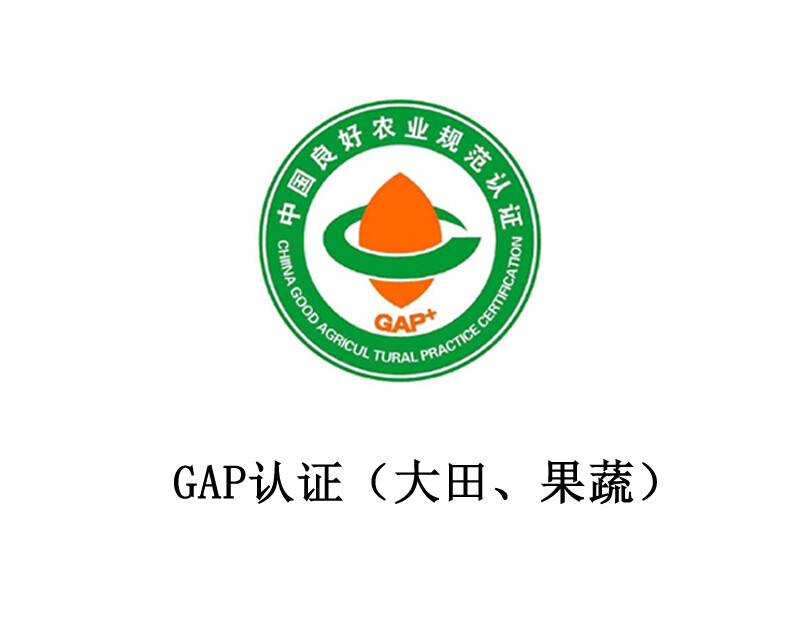Agricultural Product Food Certification Service Network
Technical Support: China Green Huaxing (Beijing) Agricultural Research Institute
Copyright: Guohuan Organic Agricultural Products (Dezhou) Co., Ltd
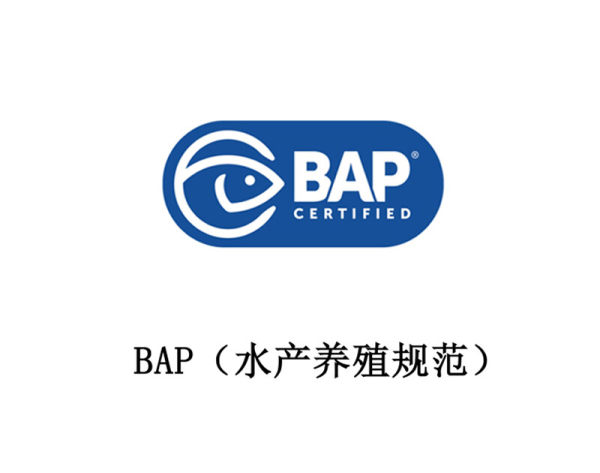
【BAP Certification for Aquaculture Standards Introduction】:
BAP was established by the Global Seafood Alliance (GSA) and published in 2002. The Best Aquaculture Practices (BAP) certification is the world's most comprehensive third-party aquaculture certification solution, with standards covering the entire production chain including farms, processing plants, hatcheries, and feed mills.
Currently, BAP has issued 6 certification standards based on production models, certifying 99% of aquatic species—such as crabs, shrimp, and fish—ensuring consumer dining safety.
【Benefits of Obtaining BAP Certification】:
1. Strengthen your position in existing markets and expand into new ones;
2. Enhance credibility within the industry and among consumers to increase market value;
3. Align with industry best practices to gain a competitive edge (e.g., through improved feed efficiency and disease control);
4. Many global retailers and foodservice companies publicly commit to sourcing seafood from BAP-certified suppliers.
【Consultation and Certification Process】:
1. Project consultants provide guidance and training;
2. Prepare application materials, including survey questionnaires;
4. Implement the system and establish record-keeping;
5. Pre-audit preparation;
6. On-site audit;
7. Non-conformity corrective actions;
8. Obtain certification.
